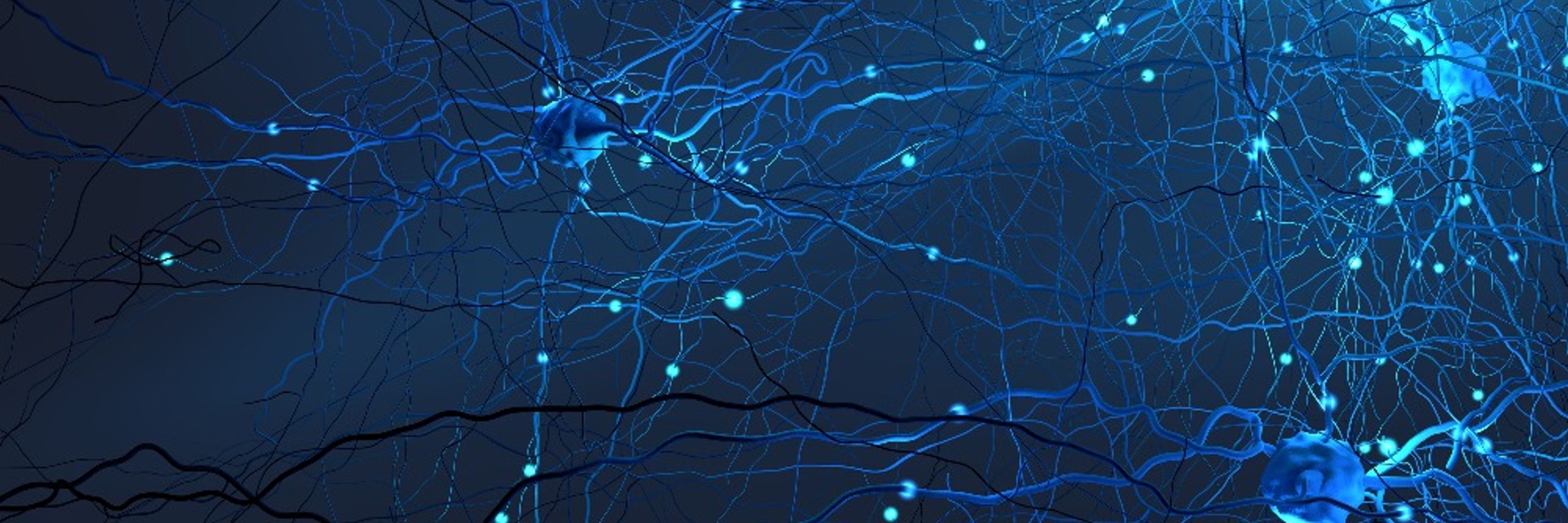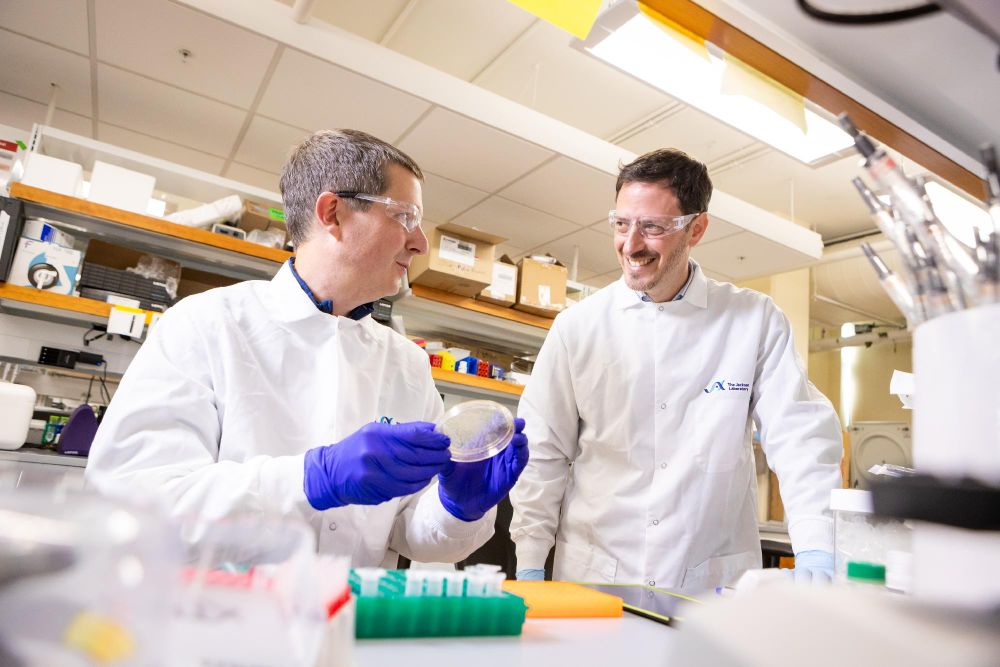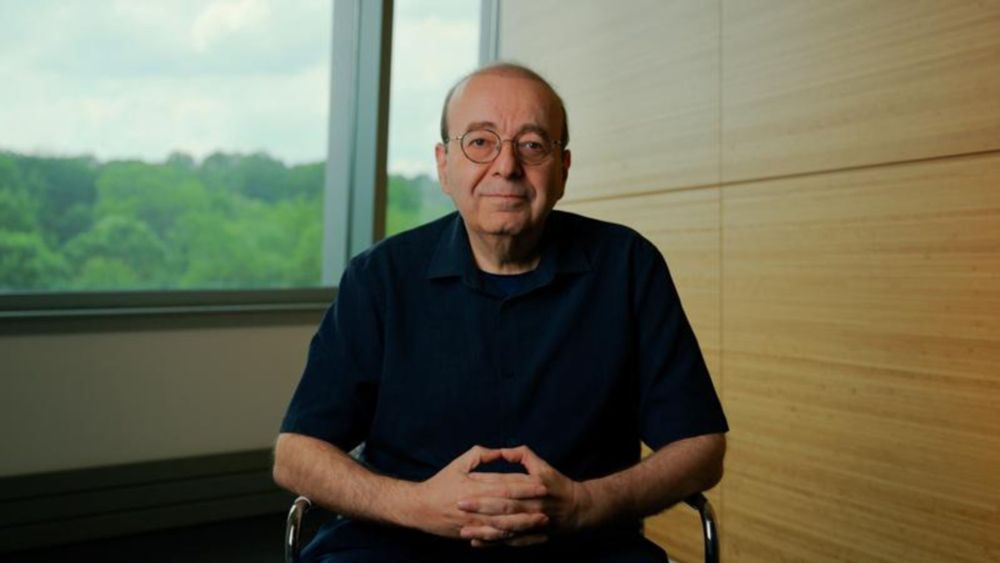The Jackson Laboratory
@jacksonlab.bsky.social
3K followers
47 following
260 posts
Est. 1929, JAX is a non-profit scientific research institute specializing in genetics, genomics & mouse models of disease.
USA, Japan, China: https://www.jax.org/
Posts
Media
Videos
Starter Packs
Reposted by The Jackson Laboratory
Reposted by The Jackson Laboratory
Reposted by The Jackson Laboratory




















